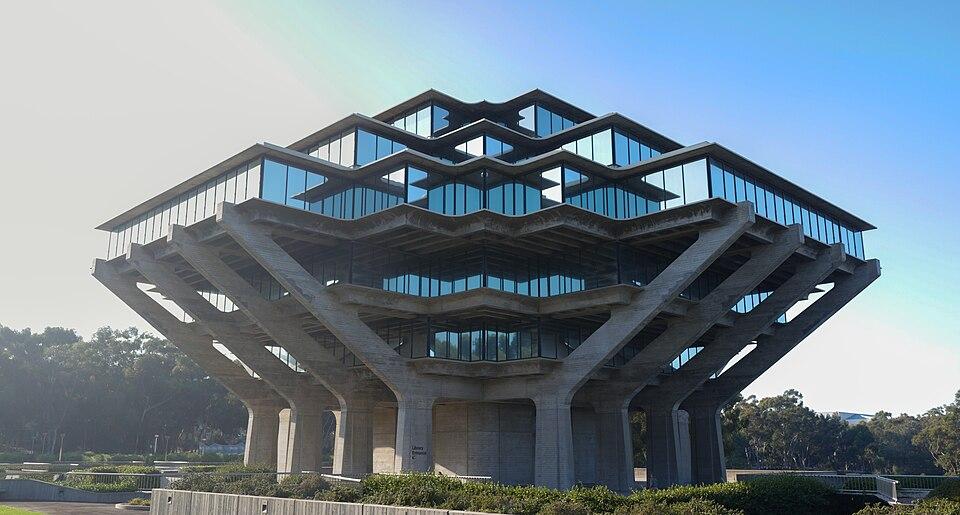California Denies Equal Rights To Students Through A 'Private' Scholarship Scheme
UCSD awards up to $10,000 in scholarships to students maintaining a 2.7 GPA. But only if they're black.

Kai Peters came to UC-San Diego as a transfer student with high hopes for his academic future. A junior pursuing his degree at one of California’s premier public universities, Kai worked hard to earn his place at UCSD. Like many college students, he was eager to find scholarship opportunities to help offset his educational costs.
But Kai soon discovered he was automatically excluded from one of the university’s scholarship programs—not because of his grades, financial need, or career potential, but solely because of his race.
The Black Alumni Scholarship Fund (BASF) awards up to $10,000 to students who maintain a 2.7 GPA and participate in various programs like student mentoring. Kai would gladly participate, but the program is exclusive to black students. He is white, and therefore ineligible.
UCSD founded BASF in 1983 as a state-run, race-based scholarship program. When voters passed Proposition 209 in 1996, banning discrimination in public education, UCSD simply outsourced the program to an off-campus nonprofit. Now nominally private, BASF nevertheless maintains an inextricable partnership with UCSD—a public university constitutionally prohibited from engaging in racial discrimination.
The UCSD-BASF collusion runs deep. BASF’s 17-member board includes six current or former UCSD employees, two UCSD Alumni Board members, and one UCSD Trustee. UCSD’s website states that university gifts will support BASF scholarships. And in 2016, UCSD Chancellor Pradeep Khosla created the university’s Black Academic Excellence Initiative, in part to increase funding for BASF.
Most troubling, UCSD provides BASF with the names and contact information of every admitted student who checks the “Black/African American” box when applying to UCSD. BASF then automatically sends scholarship applications to these students while excluding all others. BASF even openly boasts that because it can avoid Prop 209’s constraints through private funding, “100% of BASF Scholars identify as Black/African American.”
This arrangement allows UCSD to circumvent constitutional requirements by outsourcing racial discrimination to a supposedly private entity. The discrimination causes real harm, denying financial support as well as mentorship opportunities and professional development solely because of a student’s skin color.
The harm extends far beyond Kai. He is a member of Californians for Equal Rights Foundation (CFER), a nonprofit organization that defends the principle of equal rights, and other CFER members face the same exclusion. This includes an Indian American junior and San Diego native who transferred to UCSD in 2024. She chose not to indicate her race on her application and consequently never received a BASF application. Despite easily meeting the academic requirements, she was shut out from even initial consideration for the much-needed $5,000 grant.
It’s wrong for the government to gate access to educational opportunities based on race. Moreover, it violates the Constitutions of both California and the U.S. which protect individuals from government discrimination based on arbitrary classifications like race. A public university cannot evade this constitutional mandate by conspiring with private organizations to accomplish what the law prohibits it from doing directly.
UCSD officials can certainly create scholarships to help students succeed academically on a race-neutral basis. But they cannot use race to favor some applicants at the expense of others. Nor can they collude with private actors to dodge the rule of law.
Represented at no charge by Pacific Legal Foundation, CFER and Kai Peters are fighting back with a federal challenge to restore equal treatment and educational opportunity for all students, regardless of race.